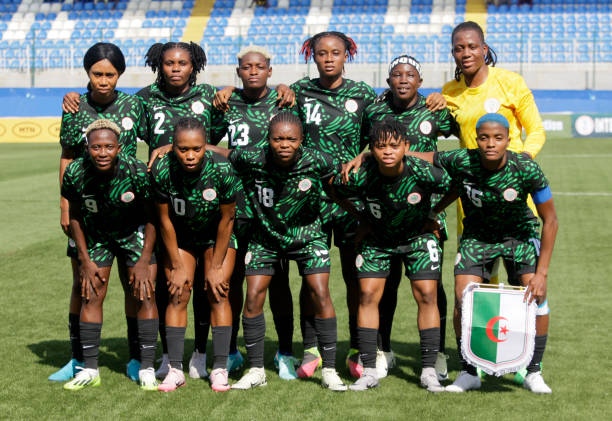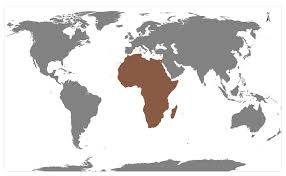As the clock ticks closer to September 16, Malawi is officially in campaign mode. The country’s Parliament has now been dissolved, clearing the stage for what promises to be a spirited—and possibly dramatic—tripartite election season.
Speaker of Parliament, Catherine Gotani Hara, made the announcement that brings all legislative business to a halt. This means no more debates, no more bills, and definitely no more parliamentary drama until after the elections, when a new crop of lawmakers will be sworn in. It’s lights out at the National Assembly—for now.
So, what happens next?
Malawians will soon head to the polls to choose not just a president, but also members of Parliament and local councillors. It’s the kind of all-in-one election that gets every level of government reshuffled. And with Parliament now out of the picture, all eyes turn to the campaign trail.
Across cities, towns, and villages, posters are going up, rallies are being planned, and loudspeakers are being dusted off. In some places, you can already hear the familiar chants and songs of political parties as candidates try to charm their way into the hearts—and votes—of the people.
For many Malawians, this election isn’t just a formality. It’s a chance to weigh in on real issues: jobs, healthcare, food security, corruption, and the cost of living. It’s a time for serious questions—and, let’s be honest, a few sweet campaign promises that may or may not survive beyond September.
This year’s campaign will be closely watched. With a growing number of young voters and rising public demand for accountability, politicians will need more than just catchy slogans. They’ll need to show real plans and genuine commitment—because Malawians are paying attention.
As for the lawmakers who just packed up their desks, many are hitting the road again—but this time to ask for votes rather than votes in Parliament. Some will return in a few months with a fresh mandate. Others may be waving goodbye for good.
Malawi’s democracy is once again going through its familiar cycle—one that offers citizens the power to decide who leads and how. And while some may approach the season with skepticism, others see it as a hopeful window for change.
One voter in Lilongwe joked, “This is the season of T-shirts, rice, and sweet talk. But me, I’ll take the rice and still vote with sense.”
As campaigns gather momentum and the country gears up for a pivotal moment, one thing is clear: the next few weeks will shape Malawi’s future in big ways. The ballot is back—and the people are ready.




